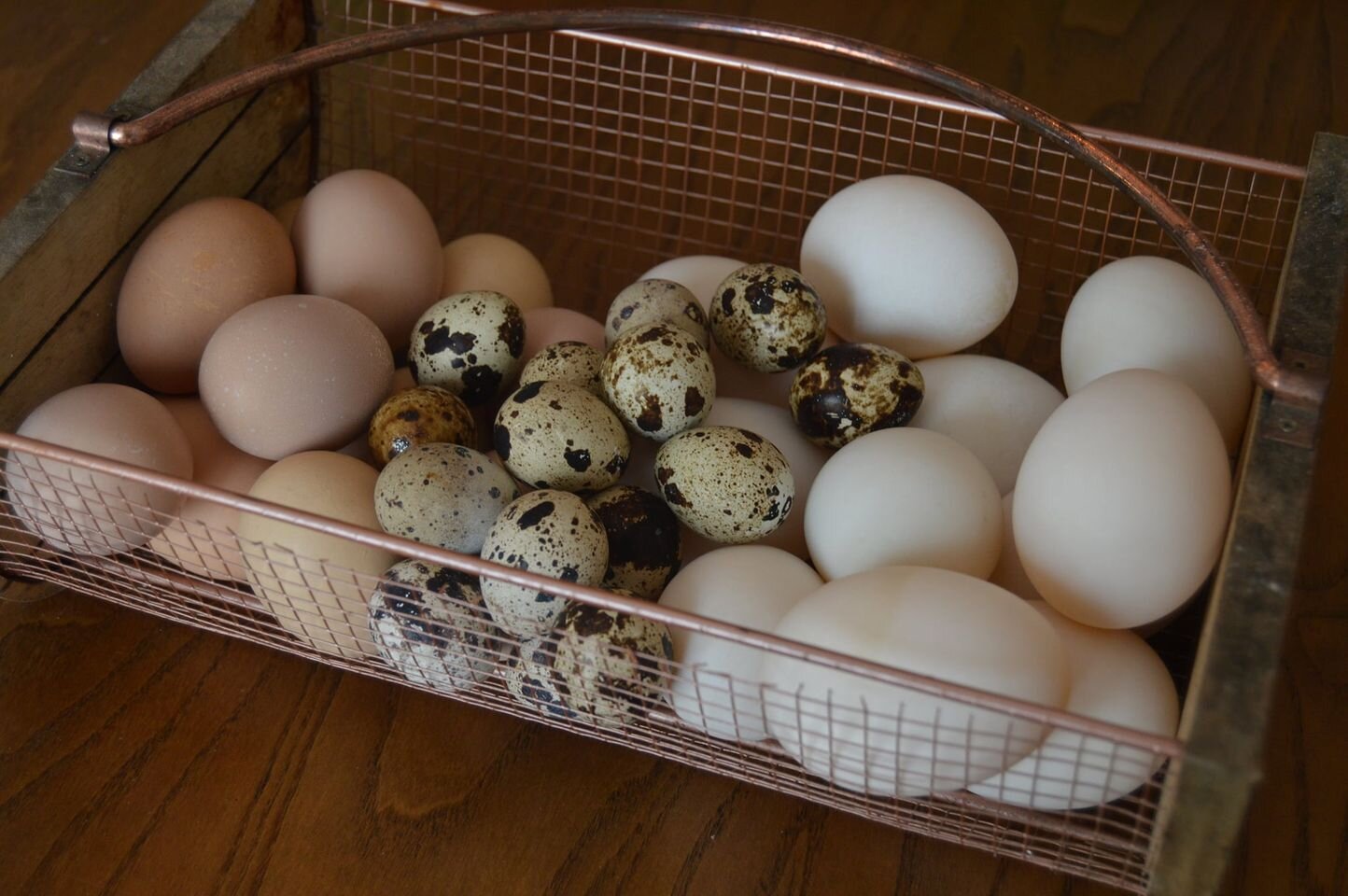Eggs: To Wash or Not To Wash?
That is the age old question. This one question has so much confusion and passion surrounding it. Many people are adamant that eggs should not be washed and others say that for safety, they should. So, what should you know as a buyer of fresh farm eggs?
First, if you are not buying in Minnesota, this may not all apply to you. The second thing is where are you buying them from? Grocery store, farmer’s market, or direct from the farmer? The rules change by fulfillment channel.
First, let’s talk anatomy of an egg. When the egg is laid, there is a protective coating called the Bloom. This traditionally protects the chick inside from respiration during incubation. The shell itself is porous for air flow, etc. An unwashed egg should be protected from diseases like salmonella entering the egg. If the egg has any dirt, manure, etc it can easily be sanded off traditionally with an egg brush. These eggs can sit on your counter until use.
So, why does the US wash eggs? The USDA believes the best way to fight salmonella is to sanitize the eggs before reaching the consumer. The eggs are washed, sanitized, and immediately refrigerated. Washing the eggs does remove the protective coating but the wash and sanitizing also removes potential salmonella from the surface of the eggs.
Both methods combat salmonella, but which one is best for quality. This is really the big debate! There have been studies that show that by washing and refrigerating, you extend the quality of the eggs. The USDA says a refrigerated egg will stay fresh up to 90 days old. An unrefrigerated egg can go from a quality AA standard to quality B in just one week. In addition, studies have shown that the bloom does degrade over time and may not fully protect unwashed eggs after storing.
In Minnesota, a small producer can sell eggs either way; it depends on how they are selling them.
If you go to the farm or the farmer, you can buy unwashed fresh eggs straight from the farm. You can then store them on your counter or in the refrigerator. If you choose to do this, make sure to wash them before cracking them for use.
What about if you buy eggs at the farmer’s market or grocery store? The farmer has the choice to dry clean them or wash using approved methods. Primarily, the eggs have to be washed with temperature regulated water in a continuous flow. The eggs then have to be sanitized. All farmer’s market eggs in Minnesota must be labeled “Perishable. Keep Refrigerated.” Also, the farmer is required to refrigerate eggs sold at the market. Due to this, farmer’s market eggs should always be refrigerated after purchase even if they were cleaned without water. This is due to the temperature shift. If you leave cold eggs on your counter for storage, they can form condensation. This can then damage the bloom coating on the egg leading to the potential for salmonella contamination. So, ask the farmer if the eggs have been washed and do keep them refrigerated.
On our farm we choose to wash all of our eggs. We want to preserve quality and minimize the risk of salmonella; we believe that by washing and sanitizing we can do that. Since we sell at market and require refrigeration, we want to minimize the risk in case someone forgot to wash before use or set them on the counter for a while, especially in MN humid summers! The last reason we wash and sanitize is due to the nature of ducks. Ducks are messy and love water! Sometimes they lay an egg right after swimming. Most of the time, the eggs are likely already wet when we grab them. This may result in a compromised protective coating. Washing and sanitizing gives us greater peace of mind that we are following the recommended safety precautions set forth by the USDA. When you purchase our eggs, you don’t have to worry about washing them before use. Just keep them in your refrigerator and enjoy.
Want more information on US eggs? Check out the following links:
